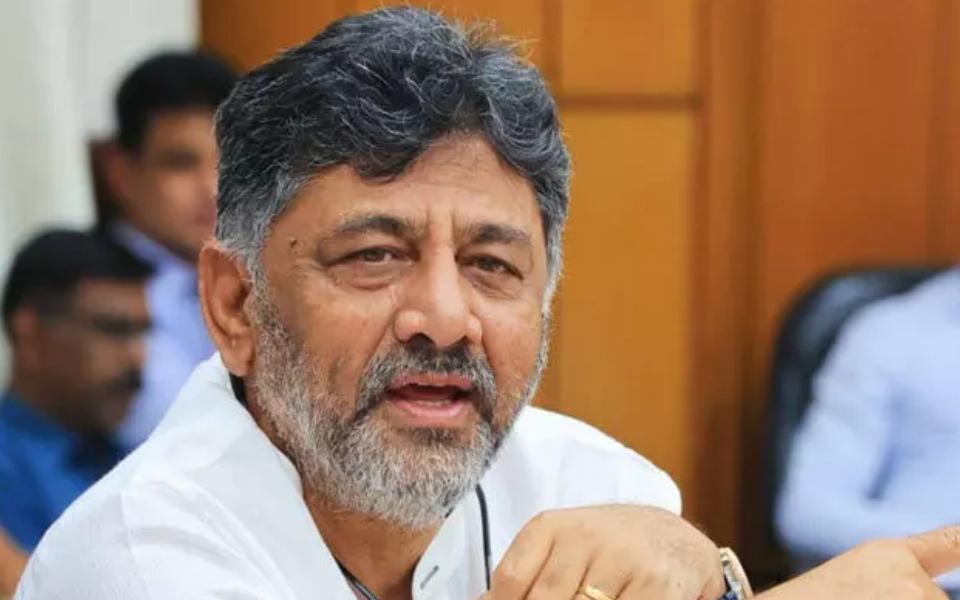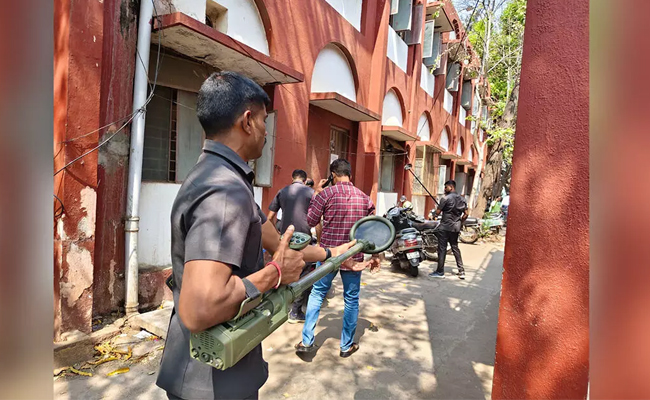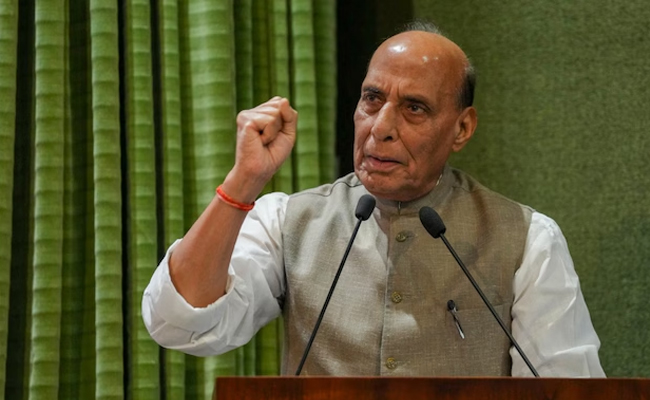Bengaluru: Karnataka Deputy Chief Minister D.K. Shivakumar has dismissed speculation about his alleged interest in purchasing the Indian Premier League (IPL) franchise Royal Challengers Bengaluru (RCB).
Addressing the media, Shivakumar, who is also the president of the Karnataka Pradesh Congress Committee, rejected the rumours in characteristically blunt fashion. “I am not a mad man. Why do I need RCB? I don’t even drink Royal Challenge,” news agency ANI quoted him as saying.
The Congress leader mentioned that although he had been a member of the Karnataka Cricket Association since his youth and received offers to join the franchise’s management, he simply does not have the time to get involved.
“Though I had offers to be part of the management, I don’t have time. My own educational institutions, I have resigned and left it to other members of the family to take care of it,” he added.
The rumours surfaced shortly after reports suggested that Diageo Plc, the British distiller and current owner of RCB through its Indian unit United Spirits Ltd, might be exploring the sale of part or all of the RCB franchise.
However, the rumours were ended in a mail to the Bombay Stock Exchange (BSE), with Mital Sanghvi, the company secretary, informing the regulating body of the Indian Stock Market, "The company would like to clarify that the aforesaid media reports are speculative in nature and it is not pursuing any such discussion. This is for your information and records."
Meanwhile, the Karnataka Congress government has been under fire from the opposition BJP and JD(S) following a tragic stampede outside M. Chinnaswamy Stadium on June 4 during RCB’s IPL victory celebrations. The incident claimed eleven lives and has sparked widespread criticism over crowd management failures.
Let the Truth be known. If you read VB and like VB, please be a VB Supporter and Help us deliver the Truth to one and all.
Davanagere: A bomb threat email received at the District Court in the city’s Devaraj Arasu area on Monday morning triggered panic and a full-scale security check of the court premises.
According to police, the threat message was received on the official email ID of the District Court at around 8.30 am. Following this, the bomb disposal squad and dog squad rushed to the spot and conducted a thorough inspection of the entire court complex.
After detailed checks, officials confirmed that no explosive materials were found and declared the threat to be a hoax.
Police have launched an investigation to trace the origin of the email and identify the sender.
As a preventative measure, security has been tightened at key government offices and important buildings in the city, including the District Court complex.





